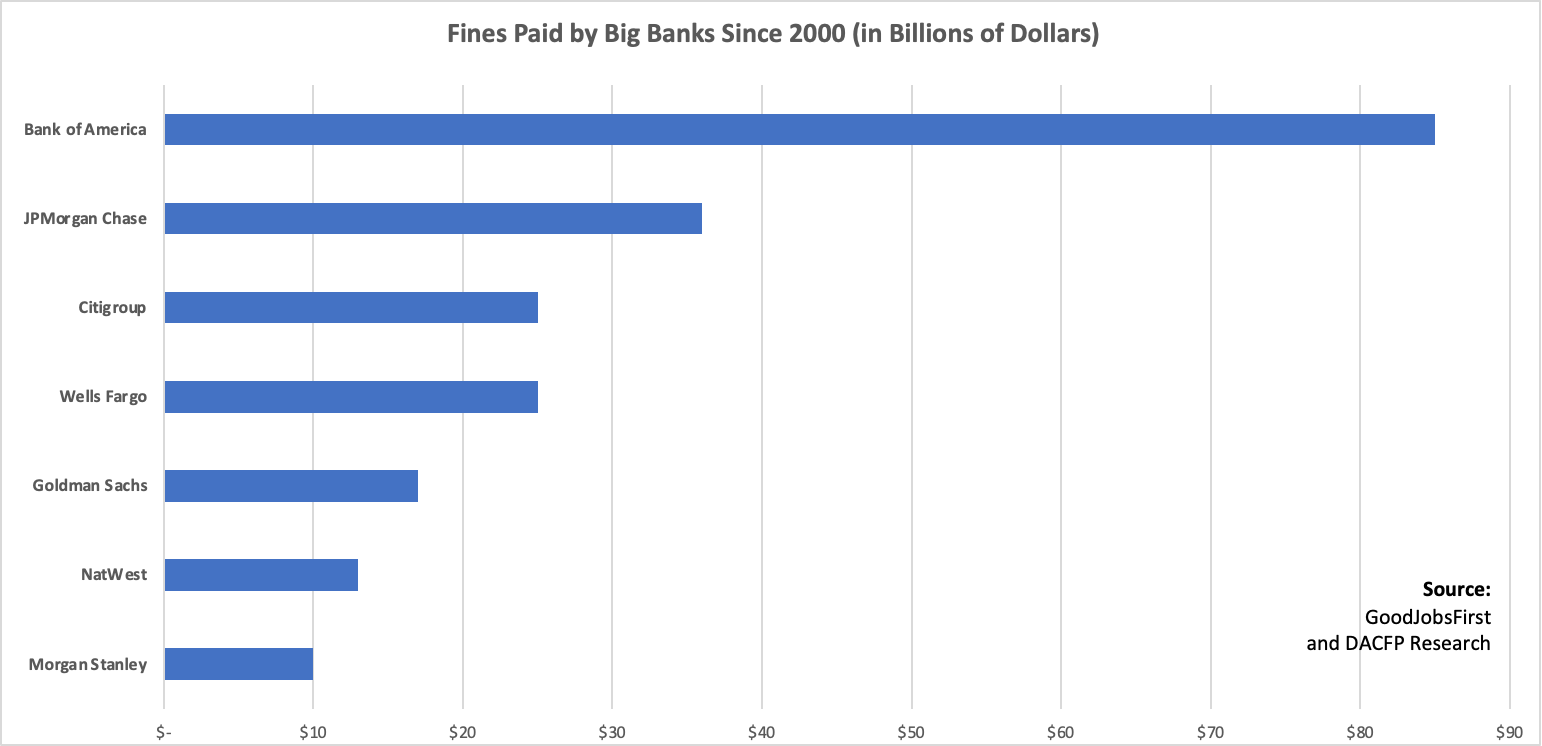Join the most important conversation in crypto and Web3 taking place in Austin, Texas, April 26-28.
Join the most important conversation in crypto and Web3 taking place in Austin, Texas, April 26-28.
Are regulators trying to kill crypto by forbidding banks from doing business with crypto companies? Sure looks that way.
And if they are, the nation’s federal and state regulators are doing a huge disservice to investors, hindering American innovation and inflicting long-term damage on the U.S economy. Anyone who thinks this is mere conspiracy theory should take a closer look at what regulators have been doing lately. In January, the Federal Reserve, Federal Deposit Insurance Corporation (FDIC) and Office of the Comptroller of the Currency (OCC) issued a joint statement discouraging banks from accepting deposits from crypto companies – taking action without the legally required public input.
When banks continued to do business with crypto companies, the regulators made their point by shutting down Silvergate Bank, Signature Bank and Silicon Valley Bank (SVB). And in case the message wasn’t clear, when the FDIC turned over Signature Bank’s $38.4 billion of deposits to Flagstar Bank, Signature’s $4 billion of deposits held in their digital assets businesses were excluded.
You’re reading Crypto Long & Short, our weekly newsletter featuring insights, news and analysis for the professional investor. Sign up here to get it in your inbox every Wednesday.
Businesses involved with digital assets are engaged in legal activities. Can someone explain to me why the FDIC would prohibit Flagstar Bank from accepting the payroll account of a company that’s operating legally?
Former Congressman Barney Frank, a driving force behind the Dodd-Frank Act, served on Signature’s board and has publicly complained that regulators shut down Signature because it was serving crypto companies. “Regulators wanted to send a very strong anti-crypto message. We became the poster boy because there was no insolvency based on the bank’s fundamentals,” he told CNBC.
A company that can’t open a bank account can’t be in business. But regulators are foolish to think they can kill crypto by preventing crypto companies from operating. No matter what U.S. regulators do, these companies will indeed operate – simply by moving their operations to other countries.
That’s what bitcoin miners did after China banned crypto. Instead of crushing the mining operations, China had the mere effect of chasing the miners elsewhere – mostly to the U.S., where a dozen states have welcomed them. Crypto creates high-paying, skilled jobs and that’s precisely what forward-thinking governors want. But if these companies now can’t maintain bank accounts, they’ll have no choice but to relocate once again. Investors will have to follow them.
That would harm American innovation, our economy and U.S. investors. Prohibition didn’t stop people from drinking alcohol a century ago; it just forced them into speakeasies where they were overcharged for liquor that too often got them sick. Overregulating crypto would have the same impact: Trying to take the freedom to choose from American customers will simply chase them to what Rep. Tom Emmer (R-Minn.), the third-highest-ranking member of the Republican majority in the U.S. House of Representatives, warns are “offshore, unregulated, opaque and unsafe markets.”
Indeed, banks around the world are licking their chops at the prospect of winning big new bank accounts from crypto companies seeking a home. Digital Currency Group (the parent company of CoinDesk) says lots of banks overseas are still happy to do business with crypto companies.
Think back to when President George W. Bush banned stem-cell research in the U.S. That didn’t kill the science, it just pushed American scientists to other countries, including South Korea and Israel. The science has flourished but we lost the lead in innovation in that sector.
So, if I may speak to U.S. regulators on behalf of the crypto community (no one has asked me to), I’ll channel Clint Eastwood’s Dirty Harry character and say, “Go ahead, make my day.” When regulators start shutting down banks because they don’t like what banks are doing – even though what banks are doing is perfectly legal – all they’re doing is scaring all bank customers everywhere that banks aren’t safe. Do regulators really think that’s a smart idea?
The most ironic element of this entire situation is the message regulators are sending is that regional banks aren’t safe. Move your money to the national too-big-to-fail banks. Well, since 2000, the nation’s top 25 banks have paid a combined $350 billion in fines – for violations including mortgage abuses, toxic securities abuses, investor protection violations, banking violations, consumer protection violations and anti-money laundering deficiencies.

The regulators can’t shut down all these banks because there wouldn’t be any more U.S. banking system. There’s $20 trillion in deposits at U.S. banks, and half of that money is held by the top 25 banks. So the regulators have been shutting down regional banks like Silvergate, SVB and Signature, and chasing people into those big banks – the very place depositors are most likely to get scammed by abusive sales practices, high fees, poor disclosures and lousy service.
The short-sightedness of our nation’s banking regulators is astonishing. No wonder so many bank customers and investors have been buying bitcoin (BTC) since Silvergate was shut down. BTC is up 70% this year, while the S&P 500 is close to unchanged. Bank depositors now realize they might awake to discover their accounts are gone, with no notice. That won’t happen to a bitcoin decentralized finance (DeFi) wallet. With a bank, you have to wait for the branch to open – if it opens – on Monday. With crypto, your money is available to you 24/7.
Have the Fed, FDIC and OCC actually made bitcoin safer than banks? It’s hard to say that with a straight face, but admit it: You’re actually debating that question in your head. It’s shocking that the question has even come up.
Edited by Nick Baker.
Learn more about Consensus 2023, CoinDesk’s longest-running and most influential event that brings together all sides of crypto, blockchain and Web3. Head to consensus.coindesk.com to register and buy your pass now.
DISCLOSURE
Please note that our
and
do not sell my personal information
has been updated
.
The leader in news and information on cryptocurrency, digital assets and the future of money, CoinDesk is a media outlet that strives for the highest journalistic standards and abides by a
strict set of editorial policies.
CoinDesk is an independent operating subsidiary of
which invests in
and blockchain
As part of their compensation, certain CoinDesk employees, including editorial employees, may receive exposure to DCG equity in the form of
which vest over a multi-year period. CoinDesk journalists are not allowed to purchase stock outright in DCG
.
https://www.coindesk.com/business/2023/03/29/the-short-sightedness-of-run-amok-regulators/?utm_medium=referral&utm_source=rss&utm_campaign=headlines



:format(jpg)/s3.amazonaws.com/arc-authors/coindesk/ec5cac0e-c61c-45f7-8e8d-618e47f9671c.png)

